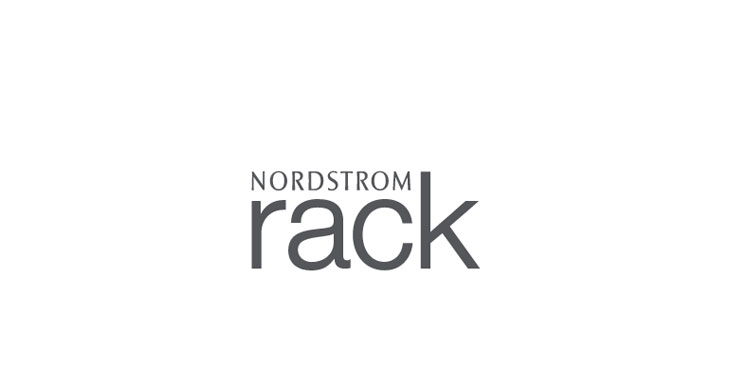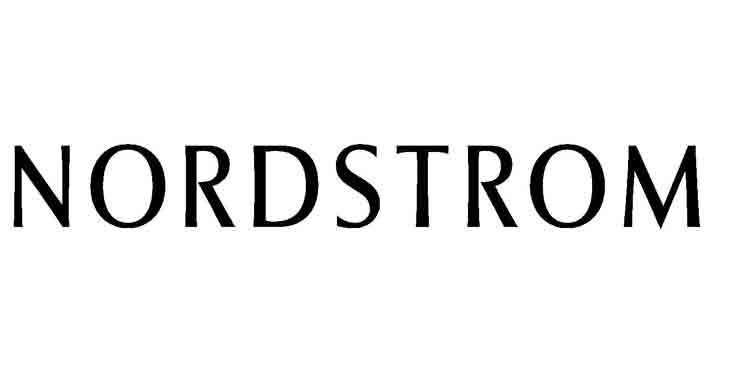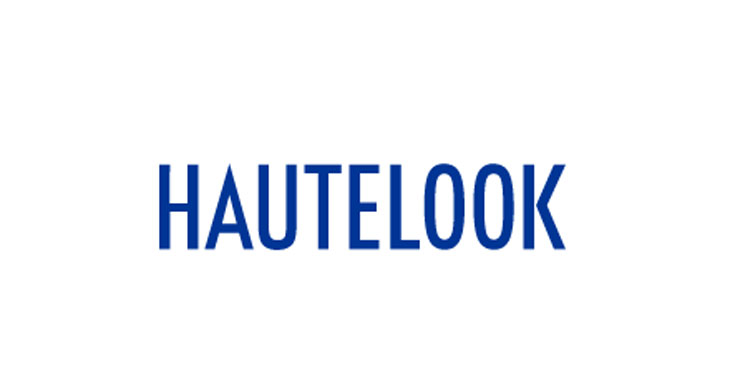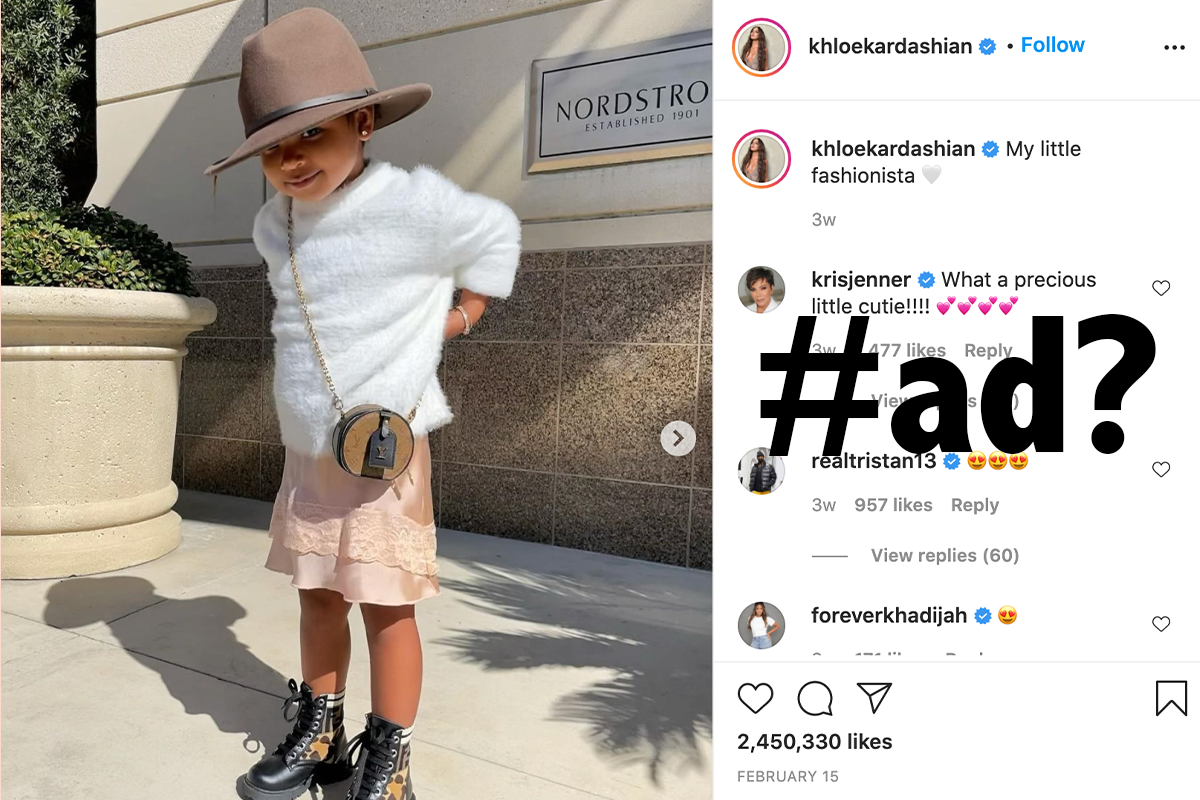
Nordstrom Rack Store Discounts
September 2017: This action was voluntarily dismissed When a complaint is dismissed with prejudice, it cannot be refiled., the reasons for which have not been disclosed.
November 2015: The plaintiffs filed a Second Amended Complaint to add allegations establishing that Nordstrom intended to deceive customers, that the named plaintiff was deceived by the store, and that his reliance on the representations was reasonable.
October 2015: A federal judge refused to dismiss the amended complaint finding, among other things, that the false advertising allegations were sufficiently pled.
June 2015: Nordstrom filed a motion to dismiss the plaintiffs’ amended complaint.
May 2015: The plaintiffs filed an amended complaint. While making similar allegations that the store deceptively advertises discounts, the plaintiffs’ amended complaint attempts to fix two of the Court’s concerns with the previous complaint. First, it contains more evidence to establish “Nordstrom’s intent to deceive its customers;” and second, it contains more detailed allegations that the named plaintiff was deceived and his reliance on the misrepresentations was reasonable.
March 2015: A federal judge dismissed the complaint (which was amended in October 2014) finding, among other things, that the named plaintiff did not sufficiently allege that the “Compare At” price on the tag was false or likely to deceive reasonable consumers into believing that it was the former price. The judge also dismissed the claims arising from statements made on the store’s website, as well as the name “Nordstrom Rack,” finding that the plaintiff failed to allege that he relied on those statements when making his purchase. The judge dismissed the complaint without prejudice, meaning that the plaintiffs can refile the complaint.
September 2014: A class-action lawsuit was filed against Nordstrom for allegedly using deceptive marketing practices in the labeling and marketing of merchandise at Nordstrom Rack stores. Among other things, plaintiffs claim that the store misleadingly advertises discounts by comparing a false retail store price to a lower rack store price. (Branca et al v. Nordstrom, Inc., Case No. 14-cv-02062, S. D. CA.).
To learn more about the deceptive advertising of sales, click here to read TINA.org’s article, The Price is (Not Necessarily) Right.
For more information about other class-action lawsuits against Nordstrom and TINA.org’s coverage of the company, click here.
To learn more about outlet stores, click here.
Class-Action Tracker


Advertised Discounts at Nordstrom Rack

Rolex Watches from HauteLook and Nordstrom

Prices at Nordstrom

AG Jeans and Nordstrom
The Latest

Ad or Not? Khloé Kardashian and Nordstrom
Impromptu family fashion shoot or something less innocent?

FTC Social Media Actions
See the FTC’s track record when it comes to social media influencer cases.

Pulp Fiction: Rayon passed off as Bamboo says FTC
Pandas everywhere said “I told you so” when the FTC charged four national retailers with mislabeling rayon fabric as bamboo.

Somebody’s Watching You
What you need to know about in-store tracking.